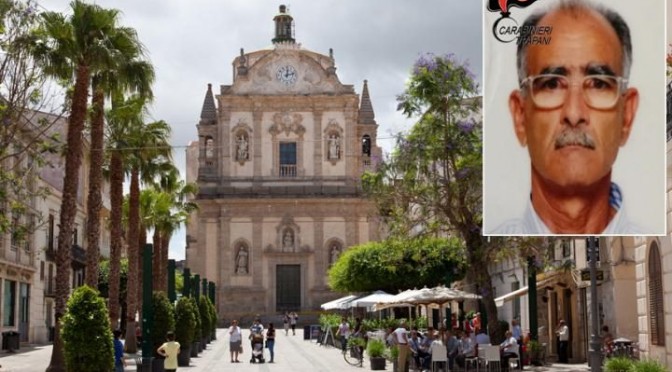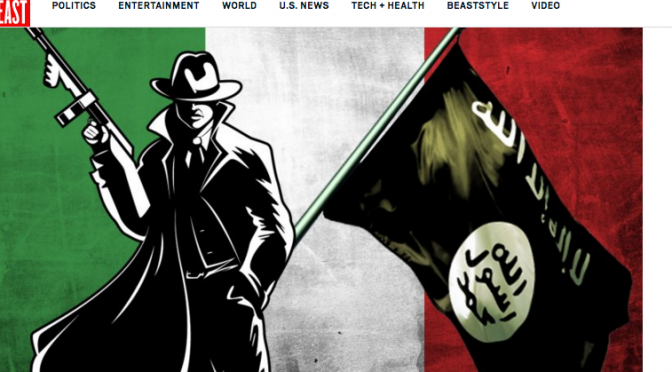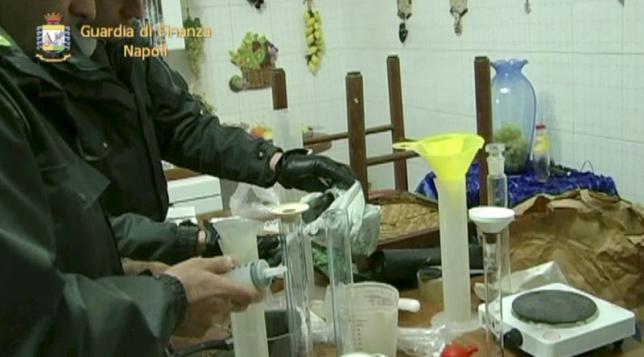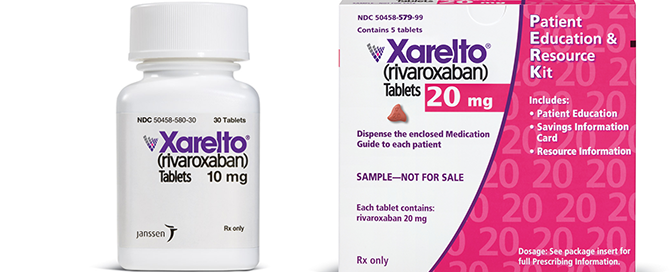Posted by Shezad Malik MD JD
March 8, 2016 7:03 AM
According to bombshell revelations in the New York Times, did two major pharmaceutical companies, in an effort to protect their blockbuster drug, Xarelto, intentionally mislead editors at one of the world’s most prestigious medical journals?
Several thousand injured plaintiffs have filed personal injury and product liability claims against Johnson & Johnson and Bayer over the safety of its anti-clotting drug Xarelto.
Now plaintiffs claim that a letter published in The New England Journal of Medicine and written primarily by researchers at Duke University deliberately left out critical laboratory data. They claim the companies were complicit by staying silent, helping deceive the editors while the companies provided the very same data to regulators in the United States and Europe.
The New York Times article suggests that Bayer, Johnson & Johnson and those who ran clinical trials at Duke University that led to the FDA approval of the blood thinner, may have lied to editors at the New England Journal of Medicine.
Defective Medical Device Results Flawed
The heart of the controversy alleges that a key medical device that measures the levels of blood thinner in patients involved in the study was defective and that those running the clinical trial knew it, but failed to reveal that information.
The New York Times reports that documents produced by the drug makers during Xarelto lawsuits suggest that those running the clinical trial were asked if there were lab tests that confirmed the accuracy of the device. The editors were told there was not, when in actuality there were such tests.
It is now confirmed that the measuring device was defective and may have compromised the approval process for Xarelto, which has since been promoted as a superior alternative to warfarin.
Flawed Xarelto Medical Studies?
The Xarelto blood testing problems in the clinical trial were first reported in the medical journal The BMJ in December, with researchers warning that the device may have led to an underestimation of the rate of Xarelto bleeding complications in comparison to warfarin.
The ROCKET-AF clinical trials compared the rate of bleeding events between Xarelto (rivaroxaban) and Coumadin (warfarin). The potentially defective blood testing device, known as the INRatio by Alere, was used to measure the levels of warfarin in patients’ blood and was used to adjust their dosage. An INRatio recall has since been issued after it was discovered that the device may show results that were falsely low.
The recall could affect the ROCKET-AF results, because falsely low readings may have resulted in warfarin patients being given too high a dose, increasing their risk of bleeding. If the device caused excessive bleeding among warfarin patients, it could have given the false impression that Xarelto had a lower rate of bleeding problems.
The clinical trials, led by Dr. Robert Califf, who is now the FDA commissioner, have come under intense criticism since Xarelto was approved, as the drug has been linked to a shocking number of adverse event reports involving severe and uncontrollable bleeding problems. Due to a lack of a reversal agent for Xarelto, doctors have been unable to stop serious bleeding problems that occur, increasing the risk of severe injury or death.
Xarelto Lawsuits Over Bleeding Problems
Xarelto (rivaroxaban) is a new class of blood thinners released in recent years as a replacement for warfarin, which had been the gold standard blood thinner treatment for the past 60 years. Xarelto was approved in 2011, this new-generation treatment has been prescribed instead of warfarin to reduce the risk of blood clots and strokes among patients with atrial fibrillation, or following hip or knee replacement surgery.
Xarelto lawsuits, like http://sideeffectsofxarelto.org/xarelto-lawsuits/, allege that the drug makers provided false and misleading information about the importance of blood monitoring on Xarelto, marketing the drug as easier to use and indicating that it does not require close testing like warfarin. But, independent studies published after Xarelto was introduced have suggested that Xarelto monitoring may help identify patients at greater risk of bleeds.
Undue Big Pharma Influence
Big Pharma is the nickname given to the vast and influential pharmaceutical industry and its trade group, the Pharmaceutical Research and Manufacturers of America or PhRMA. These powerful companies make billions of dollars every year by selling drugs and medical devices.
Pharmaceuticals are HUGE business and these Big Pharma” companies stand to reap billions of dollars over the life span of a block buster drug. Big Pharma industry influence has led to the concealment of critical unfavorable data or ghost written medical articles (written by industry insiders) — when crucial clinical data went missing from journal articles, leading to embarrassing corrections and ethics policies to limit the influence of drug companies on medical literature.
Xarelto Billion Dollar Block Buster
Xarelto, is sold in the United States by Johnson & Johnson and overseas by Bayer, had nearly $2 billion in United States sales last year and is the best seller in a new category of drugs seeking to replace warfarin.
Last week, lawyers in the case against Johnson & Johnson and Bayer filed a legal brief in federal court in New Orleans, asking a judge to unseal documents in the case, which involves more than 5,000 lawsuits filed by patients and their families who claim they were harmed by Xarelto. Of those, 500 involve patient deaths.
Dr. Steven Nissen, a cardiologist at the Cleveland Clinic, served on the Food and Drug Administration advisory panel that voted to approve Xarelto in 2011. He was one of two members who voted against the drug. He expressed doubt that any after-the-fact analysis would give doctors and patients answers. “Given the fact that the device was inaccurate, there is no way anybody can tell you what would have happened in the trial,” he said.
Read Full Article – http://fortworth.legalexaminer.com/fda-prescription-drugs/new-xarelto-claim-that-jj-and-bayer-lied/





